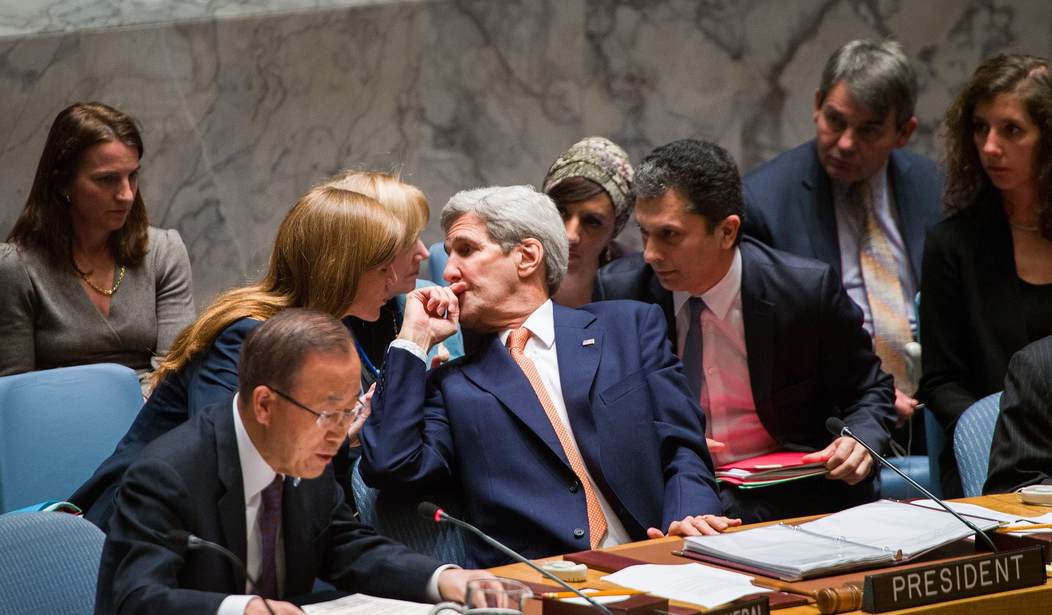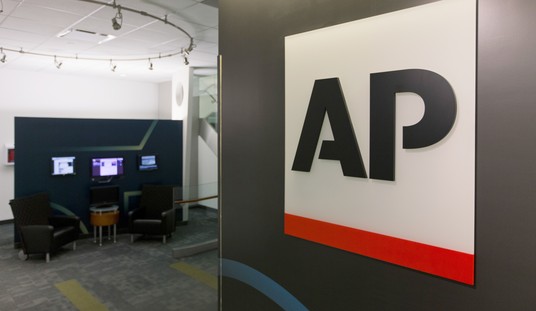WASHINGTON — Peppered with questions from reporters today about Friday’s refusal to veto a United Nations Security Council resolution condemning Israeli settlement activity, State Department spokesman Mark Toner that the events were not “pre-cooked” with Egypt and the Palestinians beforehand.
Toner said the United States not using its veto power at the Security Council to protect Israel and instead abstaining from the vote was really for Israel’s own good.
“This was a resolution that we could not in good conscience veto because it condemns violence,” he said. “It condemned incitement… There was nothing in this resolution that we could so profoundly disagree with that it would lead us to veto it.”
The Israeli government says it has evidence of the U.S. planning what unfolded with the Palestinians weeks before the vote.
“We reject the notion that the United States was the driving force behind this resolution. That’s just not true. The United States did not draft this resolution, nor did it put it forward,” Toner said. “It was drafted initially and introduced, as we all know, by Egypt in coordination with the Palestinians and others.”
“When it was clear that the Egyptians and the Palestinians would insist on bringing this resolution to a vote, and that every other country on the council would in fact, support it, we made clear to others, including those on the Security Council that further changes were needed to make the text more balanced,” he added. “And that’s a standard practice on — with regard to resolutions as a security council. So there’s nothing new to this.”
Secretary of State John Kerry plans to outline his ideas for a Middle East peace process in a Wednesday speech at the State Department. Toner said the address would cover “what we need to see in terms of next steps.”
“We would hope that the UN Security Council resolution that was passed on Friday would serve as a wake-up call, as a call to action, as an attempt to alert both sides, but certainly Israel, that its actions with regards to settlement activity are, as I said, are a detriment to moving forward with a — toward a two-state solution,” the spokesman said.
Deputy National Security Advisor Ben Rhodes told Israel’s Channel 2 that Kerry “will give a speech in which he lays out a comprehensive vision for how we see the conflict being resolved – where we see things in 2016 as we unfortunately conclude our term in office without there being significant progress toward peace.”
Toner said the Obama administration acknowledges that Israel is “aggrieved” by U.S. actions at the Security Council.
“Through our extension on this resolution, we were conveying our concern about Israel’s future,” he said. “We want to see Israel succeed and prosper as a Jewish and democratic state and we believe that if present settlement activity is allowed to continue and intensify, that it will render the possibility of a two-state solution, which we all agree is the ultimate goal here, an impossibility and, that was part of the message that we hope was conveyed.”
“…Sometimes, you know, to use a colloquial American expression, you have to call a spade a spade. And, when we see activity, or actions on the part of Israel — or Palestinians rather, in this case, with regard to incitement — we call it like we see it and we’ve done that in this case. It is, I think, important for us to have any credibility as a neutral hand if you will, in any negotiations which we’ve offered to play.”
Toner argued that the administration will “continue to be a stanched defender of Israel’s best interest.”
“And it’s in that spirit that we feel the resolution that was passed on Friday, is in that same vein,” he said.









Join the conversation as a VIP Member